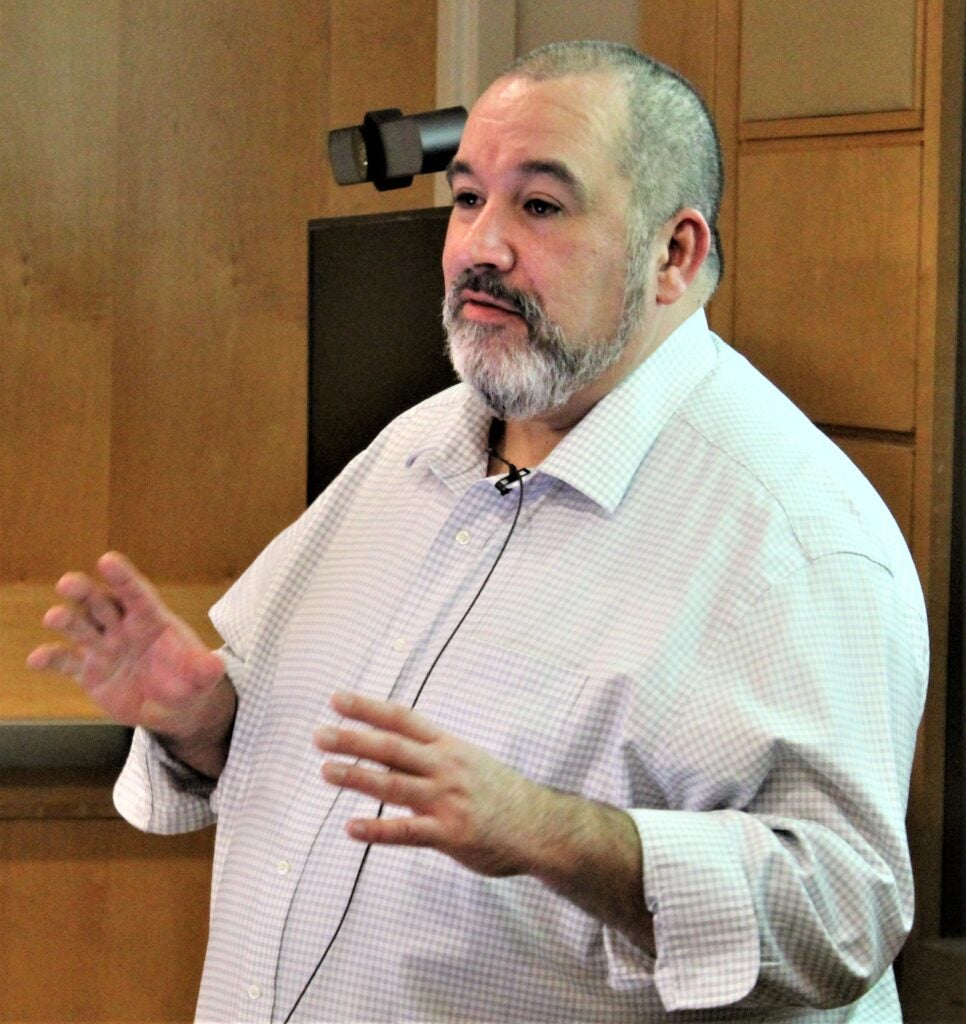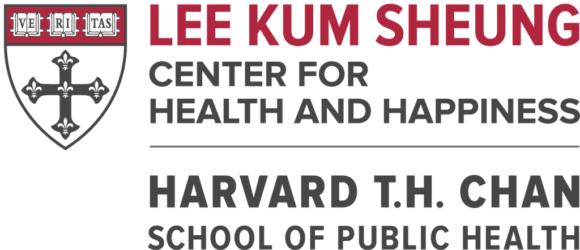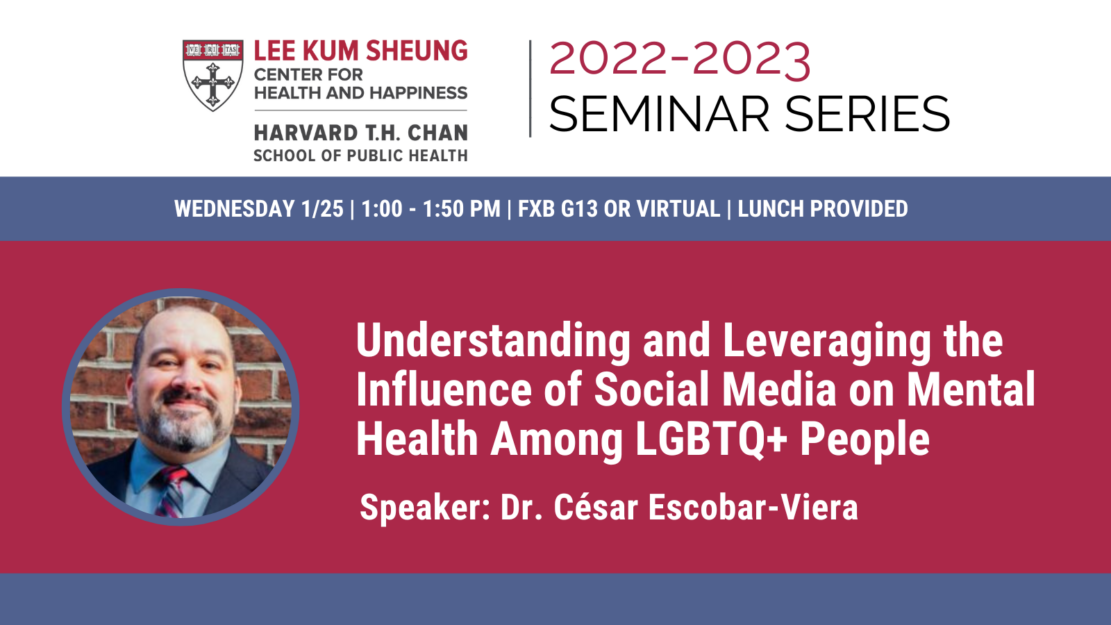LGBTQ+ people, especially young adolescents and those in rural areas, are 1.5-3 times more likely to experience negative mental health outcomes, such as loneliness and isolation, depression, anxiety, and suicidal thoughts and behaviors. Dr. César Escobar-Viera, Assistant Professor of Psychiatry and Director of the Program for Internet Delivered Interventions on LGBTQA+ Mental Health (Pride iM) in the Department of Psychiatry at the University of Pittsburgh School of Medicine, is working to change that. His research focuses on (1) determining the influence of social media experiences and behaviors on depression and other mental health outcomes among LGBTQ+ youth and emerging adults, and (2) developing and testing an automated, social media-delivered intervention to optimize social media use and reduce social isolation and depressive symptoms among sexual and/or gender minority youth living in rural areas.

On January 25th, Escobar-Viera visited the Harvard T.H. Chan School of Public Health to present a seminar titled “Understanding and leveraging the influence of social media on mental health among LGBTQ+ people.” He began his seminar by explaining that social media use is very high among LGBTQ+ people, and that it can generate both positive and negative outcomes. Social media can provide connection, community, support, positive role models, and health-related information. Conversely, it can also provide a platform for discrimination, rejection, victimization, and cyber-bullying.
In 2018, Escobar-Viera conducted a systematic review and found that studies on the topic were scattered and insufficient. Many were cross-sectional and focused on the amount of time spent of social media rather than on the experiences people had on social media. He analyzed qualitative and quantitative data from an online survey, with a national sample of 2,408 young adults, and found that LGBTQ+ people expressed a higher frequency of negative effects of social media on their lives. They described real life repercussions, such as when the things they posted about on social media resulted in them losing their jobs or losing contact with family members. Using the same data, Escobar-Viera looked at the potential mediating role of negative social media experiences in the association between LGBTQ+ identity and depression. He found that for every 1-unit increase in negative social media experiences, there was .5 increase in depressive symptoms. This suggests that reducing negative social media experiences could help reduce the risk of depression among LGBTQ+ people.
To address the limitations in the field, Escobar-Viera is currently conducting the PRIDE iM Study, the first longitudinal, mixed methods research project conducted to determine the role of social media interactions and behaviors as pathways to depressive symptoms among LGBTQ+ young adults living in the United States. This study, which is funded by the National Institute on Minority Health and Health Disparities’ “Pathway to Independence Award,” will confirm, reject, or uncover the presence of potential relationships between social media interactions and behaviors and depressive symptoms among LGBTQ+ people.
At the same time, Escobar-Viera is leveraging social media and conversational agents to intervene. He received seed funding from the Center for Enhancing Treatment & Utilization for Depression & Emergent Suicidality (ETUDES) / P50 ALACRITY Center at the University of Pittsburgh, and is using it to develop REALbot, a chatbot-delivered intervention to optimize social media experiences among LGBTQ+ youth. Currently, the development, improvement, and expansion of REALbot is ongoing. You can find the project on Facebook, Twitter, and Instagram at Pitt Pride iM.
To watch a recording of the seminar, click here.
Written by Ayla Fudala, Center Communications Coordinator


You must be logged in to post a comment.